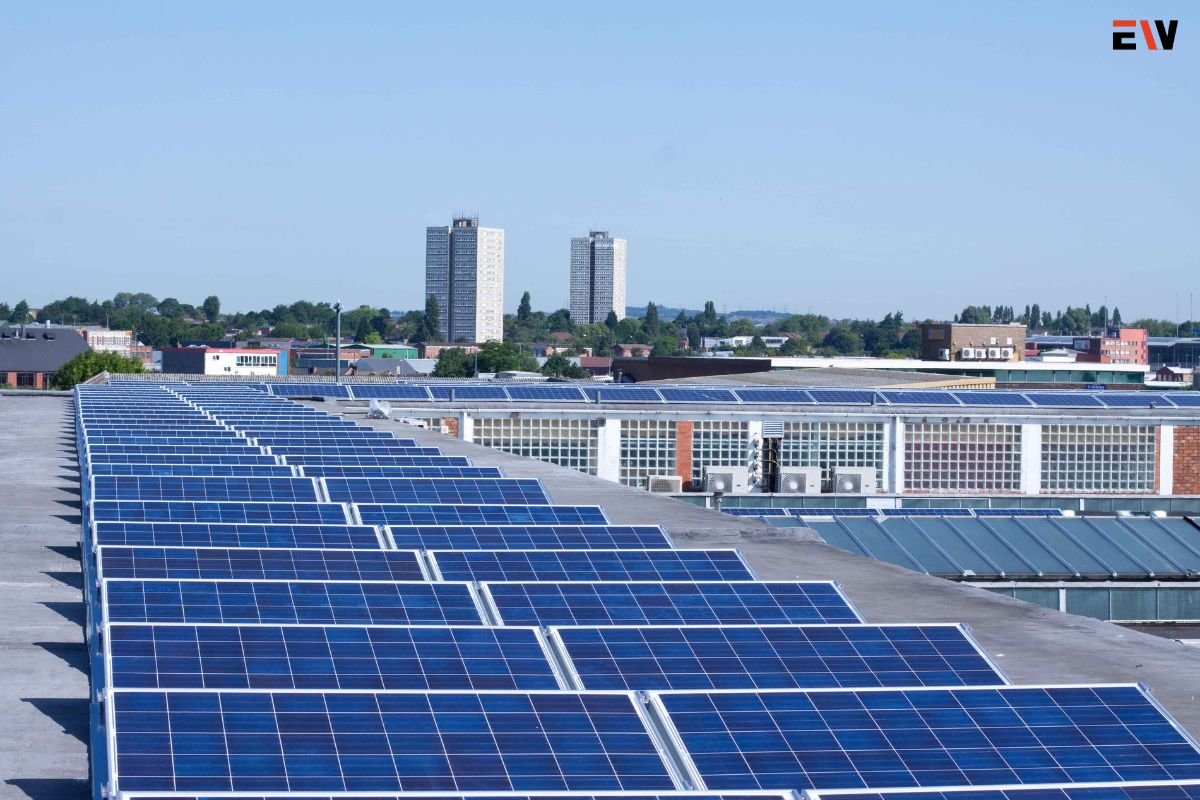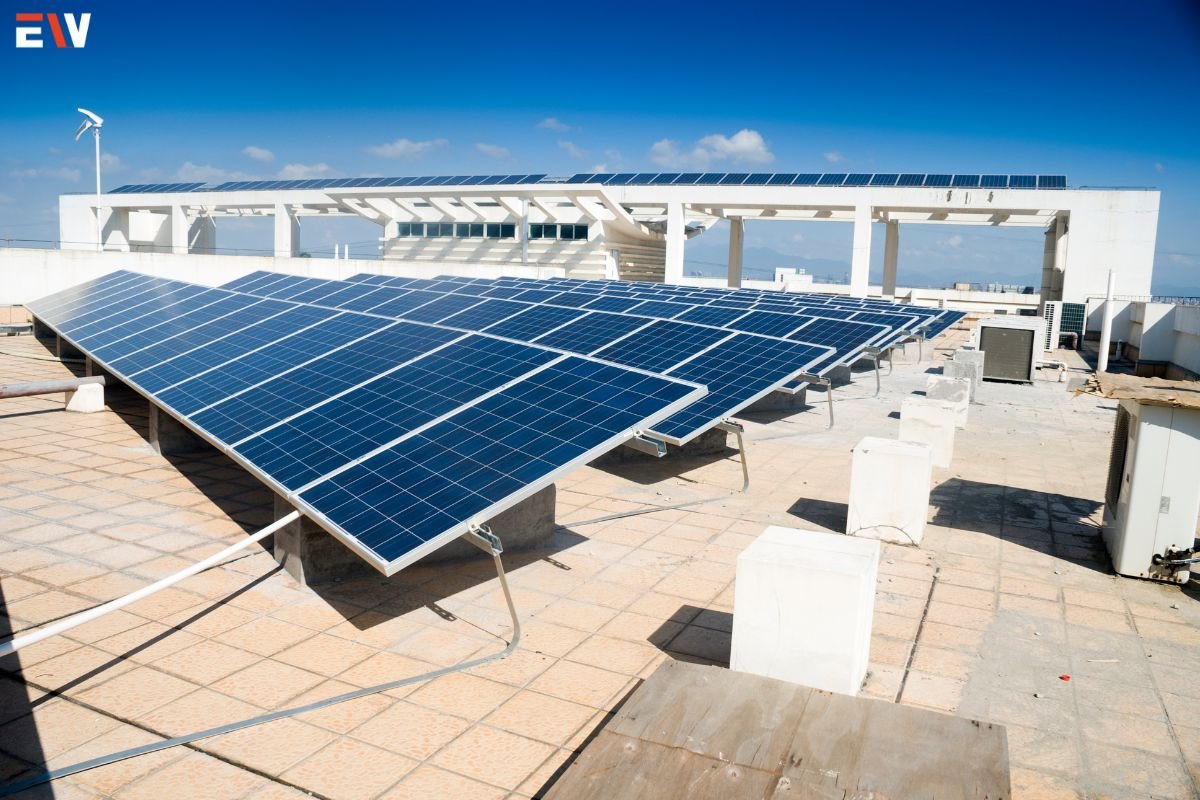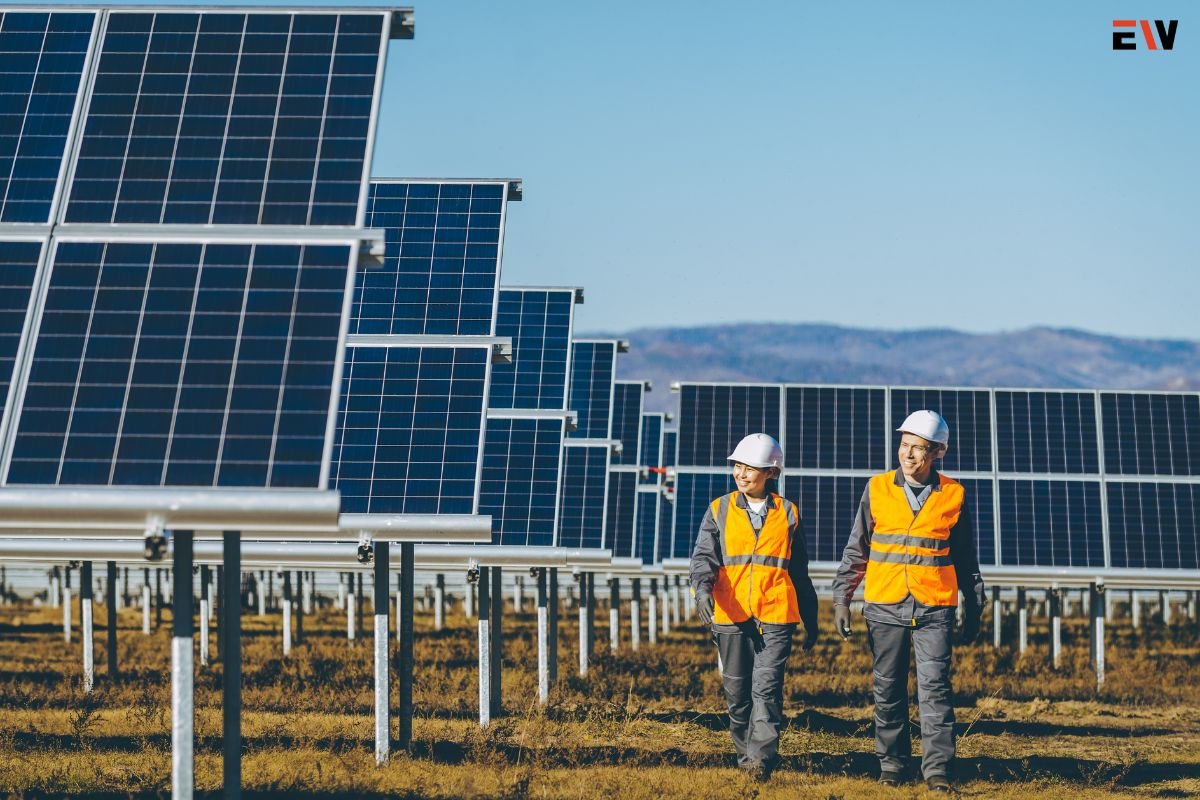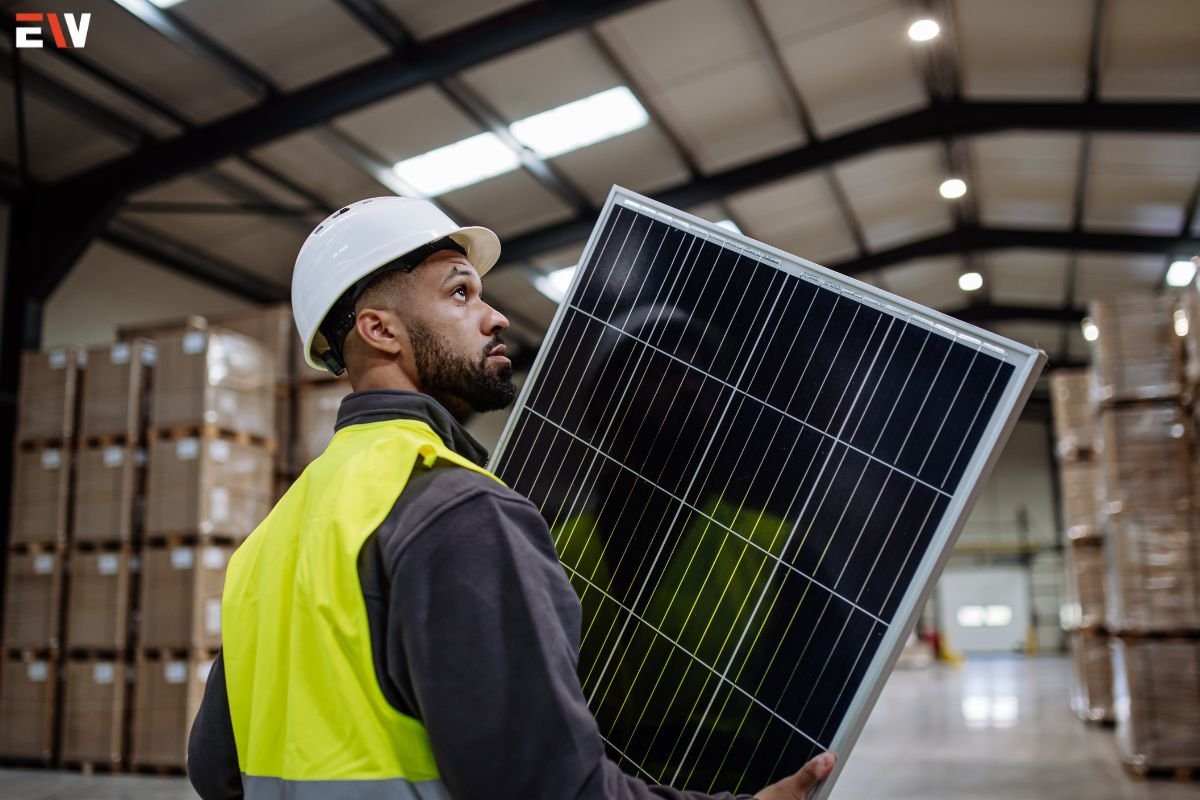In recent years, the adoption of solar energy by businesses has surged dramatically. Commercial solar companies play a pivotal role in this green revolution, offering innovative solutions that not only reduce carbon footprints but also provide substantial cost savings over the long term. This blog explores the burgeoning industry of commercial solar, highlighting its benefits, trends, and what businesses need to know before making the switch.
Understanding Commercial Solar Energy
Commercial solar energy refers to the installation of solar photovoltaic (PV) systems on commercial buildings and properties. These systems convert sunlight into electricity, which businesses can use to power their operations. Unlike residential solar installations, which cater to individual homeowners, commercial solar installations are tailored to meet the energy demands of larger entities such as offices, warehouses, factories, and retail outlets.
Benefits of Going Solar for Businesses
1. Cost Savings
One of the primary motivations for businesses to switch to solar energy is the potential for significant cost savings on electricity bills. By generating their own electricity from solar panels, businesses can reduce their reliance on grid power, thereby lowering operational expenses in the long run.
2. Environmental Impact
Commercial solar installations are a sustainable energy solution that helps businesses reduce their carbon footprint. By harnessing clean, renewable energy from the sun, businesses can contribute to environmental conservation and demonstrate their commitment to corporate social responsibility.
3. Energy Independence

Solar power provides businesses with greater energy independence and resilience against fluctuating energy prices. This stability in energy costs can provide a competitive edge in industries where operational expenses heavily depend on energy consumption.
4. Tax Incentives and Rebates
Governments and local authorities often offer attractive incentives, tax credits, and rebates for businesses that invest in solar energy. These financial incentives can significantly offset the initial installation costs and accelerate the return on investment (ROI) for commercial solar projects.
Trends in the Commercial Solar Industry
1. Technological Advancements
Advances in solar technology, such as improved PV panel efficiency and energy storage solutions like batteries, are making commercial solar installations more efficient and cost-effective.
2. Scaling Up
Large corporations and multinational companies are increasingly investing in solar energy to meet sustainability goals and enhance their corporate image as environmentally responsible entities.
3. Integrated Solutions
Commercial solar companies are offering integrated solutions that include energy management systems, monitoring software, and maintenance services to optimize energy usage and ensure the longevity of solar installations.
4. Community Solar Initiatives

Community solar projects allow businesses to purchase or lease shares in off-site solar installations, enabling them to benefit from solar energy without having to install panels on their own properties.
5. Smart Grid Integration
Some commercial solar installations are integrating with smart grid technologies, allowing businesses to sell excess energy back to the grid or optimize energy consumption based on real-time data and demand patterns.
Key Considerations for Businesses
1. Energy Needs Assessment
Conduct a thorough assessment of your business’s energy requirements to determine the optimal size and type of solar PV system needed.
2. Financial Analysis
Evaluate the upfront costs, potential savings, available incentives, and ROI of investing in commercial solar to make an informed financial decision.
3. Regulatory and Permitting Requirements
Familiarize yourself with local regulations, zoning laws, and permitting requirements for solar installations to ensure compliance and smooth project execution.
4. Choosing the Right Partner

Select a reputable commercial solar company with experience in designing, installing, and maintaining solar PV systems for businesses. Consider factors such as track record, customer reviews, and expertise in your industry sector.
5. Maintenance and Support
Ensure that your chosen commercial solar provider offers comprehensive maintenance plans and ongoing support to maximize the efficiency and lifespan of your solar PV system.
Additional Points to Consider
1. Job Creation
The growth of the commercial solar industry contributes to job creation, providing opportunities in manufacturing, installation, maintenance, and related services.
2. Long-Term Investment
Solar PV systems typically have a long lifespan (20-30 years or more), offering businesses a reliable, long-term investment in energy infrastructure.
3. Energy Storage Solutions
Battery storage technology allows businesses to store excess solar energy for use during peak demand periods or when sunlight is not available, enhancing energy reliability and grid independence.
4. Scalability
Commercial solar systems can be scaled up or expanded as business operations grow, providing flexibility in meeting future energy demands.
5. Educational and PR Benefits
Adopting solar energy can enhance a business’s public image and appeal to environmentally conscious consumers and stakeholders, boosting brand reputation and loyalty.
Conclusion
As businesses increasingly prioritize sustainability and cost-efficiency, commercial solar energy emerges as a viable solution to meet these dual objectives. Commercial solar companies play a crucial role in facilitating this transition by offering innovative, tailored solutions that empower businesses to harness the power of the sun. By understanding the benefits, trends, and key considerations outlined in this blog, businesses can make informed decisions to integrate solar energy into their operations, paving the way toward a greener and more sustainable future.










